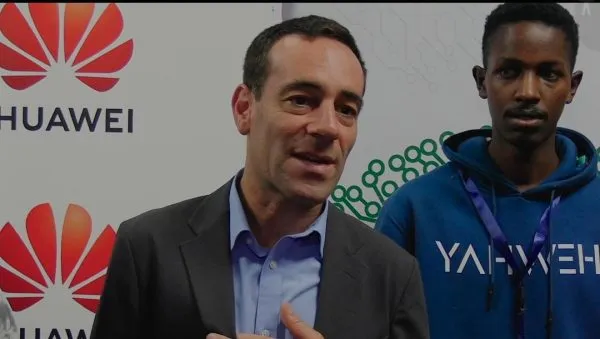Students participating in the Africa AI Literacy Week Hackathon have called on tech partners to provide more resources, such as internet access, laptops, servers, and free online training, to help equip youth with the tools to develop artificial intelligence (AI)-driven solutions tailored for Africa’s unique challenges.
The event, co-hosted by Qhala, Huawei, and Konza Technopolis, brought together 50 university students from across the continent, including in-person participants and a remote team from Moi University. The hackathon challenged them to create AI-powered solutions across five key areas: Agriculture, Fintech, Healthcare, Education, and Governance.
The winning team, led by student Ian Njenga, developed an AI-powered tool to predict agricultural market prices, particularly for products like milk. By analyzing historical data, real-time trends, and weather forecasts, the tool is designed to help smallholder farmers anticipate pricing shifts, reduce exploitation, and increase income.
“We know agriculture is what will improve our lives in Africa,” said Njenga. “AI can help predict market prices and improve food security. But we need support, basic tools like internet and laptops can make all the difference.”
Two teams tied for second place: one developed an AI chatbot integrated with a farm data collection system, offering rural farmers personalized guidance in local languages even without constant internet access. The other team built an AI and Augmented Reality mobile app that overlays real-time insights onto buildings or farm structures to aid in urban planning, irrigation mapping, and storage optimization.
Winners received Huawei MatePad tablets, while runners-up were awarded Huawei Band 10 smartwatches, supporting their continued innovation.
Speaking at the ceremony, Huawei Director of Policy and Partnership Adam Lane reaffirmed the company’s commitment to building Africa’s tech capacity. “Huawei is proud to offer the skills, cloud platforms, and resources needed to power local innovation,” he said, highlighting free online training via smartacademy.go.ke, a platform supported by Huawei and the Kenyan government.

Huawei Director for Policy and Partnership Adam Lane. Photo/Courtesy
Qhala CEO Dr. Shikoh Gitau emphasized the urgency of advancing AI literacy on the continent. “AI is a consequential technology, and Africa cannot be left behind,” she said. “We must ensure that by 2026, at least 15% of Africa’s population understands and engages meaningfully with AI.”
She stressed the importance of culturally relevant education, urging innovators to think locally: “How do you even say ‘artificial intelligence’ in your mother tongue? We’re already using it—we just don’t recognize it yet.”
Dr. Shikoh Gitau, CEO of Qhala. Photo/Courtesy
The hackathon served as a powerful reminder of Africa’s potential to lead in AI innovation if equipped with the right tools and opportunities.
Written By Rodney Mbua